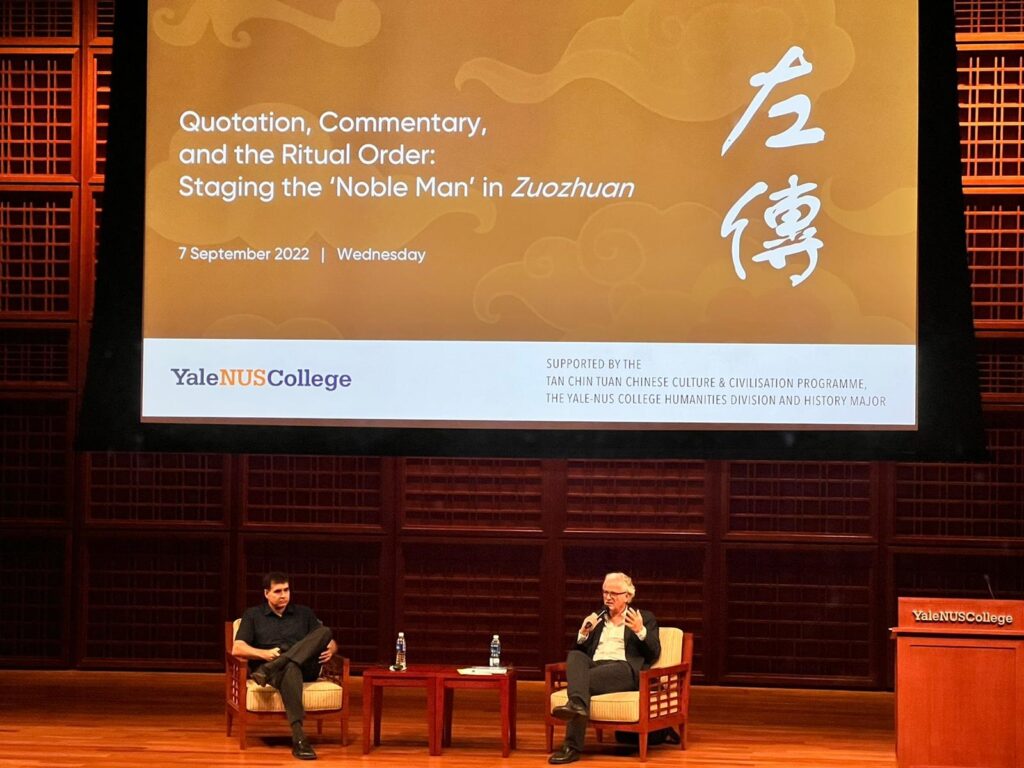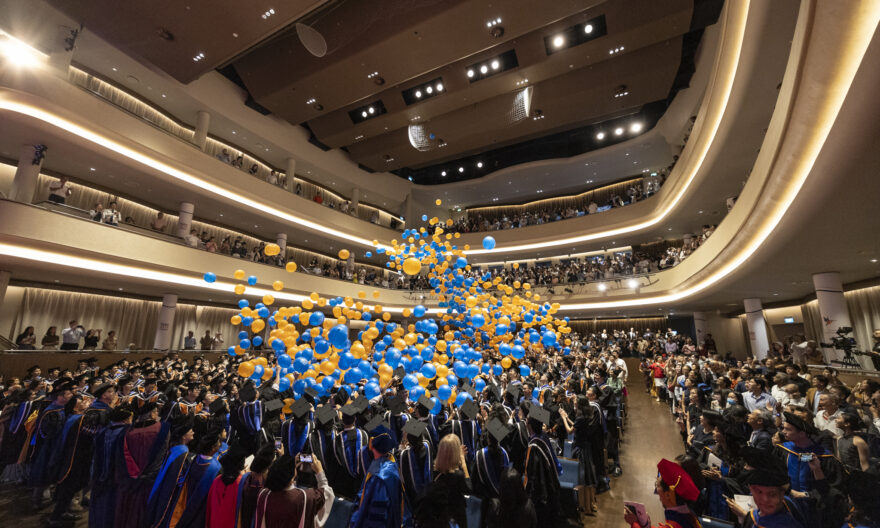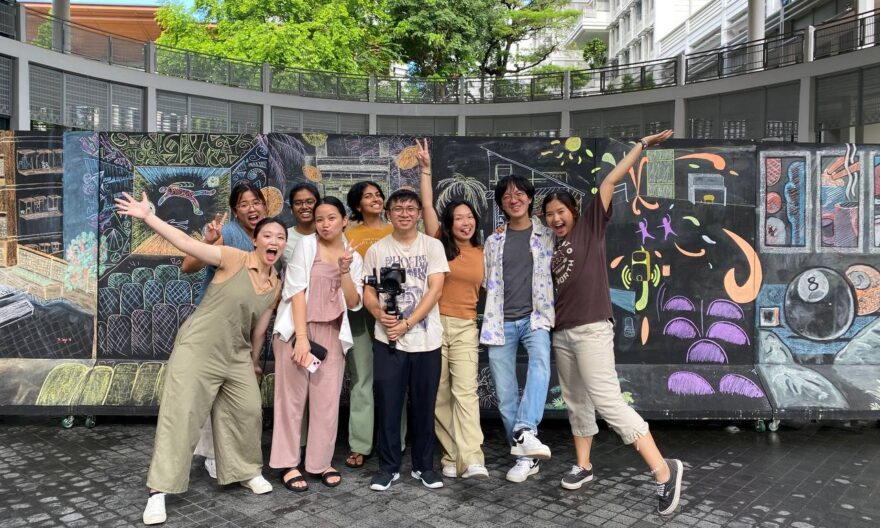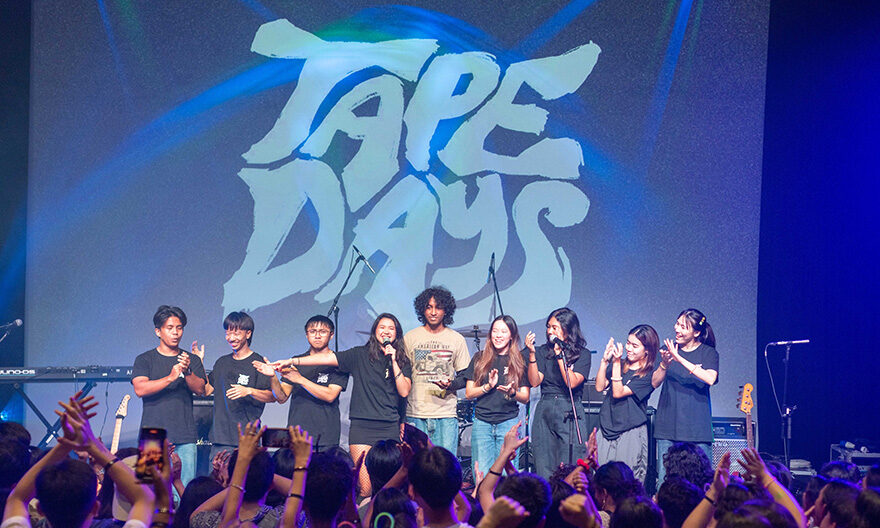TCT Chinese Culture and Civilisation Programme lecture discusses the 𝘡𝘶𝘰𝘻𝘩𝘶𝘢𝘯
Princeton Professor Martin Kern discusses how one might approach the fundamental Chinese historical text
 Professor Martin Kern, Chair Professor in Asian Studies at Princeton University, introduces how the Zuozhuan is a historically important text in ancient China. Image by Cole Lim for Yale-NUS College.
Professor Martin Kern, Chair Professor in Asian Studies at Princeton University, introduces how the Zuozhuan is a historically important text in ancient China. Image by Cole Lim for Yale-NUS College.
On 7 September 2022, Yale-NUS College hosted Professor Martin Kern, Chair Professor in Asian Studies at Princeton University, with the support of Tan Chin Tuan Chinese Culture & Civilisation Programme. The title of Professor Kern’s keynote lecture was ‘Quotation, Commentary, and the Ritual Order: Staging the ‘Noble Man’ in Zuozhuan’. The Zuozhuan, or The Zuo Tradition, primarily focuses on Chinese political, diplomatic, and military affairs from 722 to 468 BC, and is widely regarded as a fundamental text to understand ancient Chinese history.
In his introduction, Professor Kern explained how the Zuozhuan’s method of narrating historical events is unique. The text does not have a single voice but appears to be a compilation of multiple diverse, often contradictory sources. An interesting archetype in the Zuozhuan is the prominent figure of the “noble man” who delivers around ninety evaluative comments, often with a moral message. These comments often quote from and reference the Shijing, or The Book of Songs, as well as Li, a philosophical idea which refers to “ritual order” or “proper conduct”.
Professor Kern elaborated that we can understand this “noble man” not as an actual historical figure, but instead, a model exemplary citizen and reader of history during the cultural and political context when the Zuozhuan was written. With this understanding, Professor Kern turned to his lecture goal, which was to introduce how one might approach and study the Zuozhuan.
Professor Kern argued that the comments made by the “noble men” in the Zuozhuan did not just explain historical situations, but instead, are demonstrative and didactic acts of interpretation. By engaging with these messages, the reader is prompted to not take history as fact, but critically approach historical events, historiography, and poetry. Hence, the question here is not how one might unravel this text, but instead, how to appreciate the sheer density and coherence of the narratives. Professor Kern ended his lecture by framing a rhetorical question – “What if the purpose of the text was not merely to be studied, but instead to be a tool through which an interpretative intellectual community agreed on how to make sense of the patterns of history?”
The lecture was followed by a Q&A session where audience members participated enthusiastically. An attendee commented that “the lecture was very well structured and gave me an opportunity to challenge myself intellectually. It was very interesting to see how Chinese writing intersects history and philosophy, which is quite different from the western historiography.”
Professor of Humanities (Chinese Studies) Scott Cook, who is also the Tan Chin Tuan Professor of Chinese Studies, moderated the event. Professor Cook expressed how he is thankful to the Tan Chin Tuan Foundation for their support in sponsoring academic events which broaden the understanding of Chinese culture. He said, “It is because of the Foundation’s support that we can invite internationally acclaimed professors to share their research on Chinese Studies at our College. The conferences, lectures, and workshops give our students, other local academics, as well as the wider Singapore community the opportunity to see academics in action and a chance to interact with them. These events address a wide variety of disciplines, such as economics, political science, or literature, and contribute to the foundation’s goals to promote social good and greater understanding of Chinese civilisation.”





